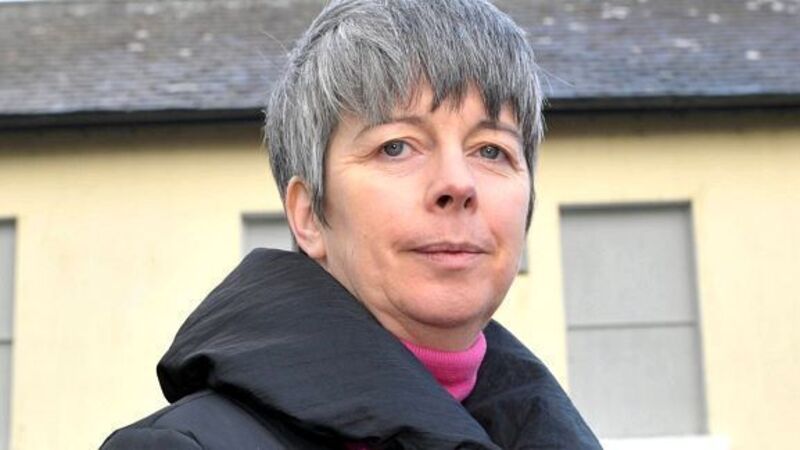Abuse of Louise is a lesson for the arrogant Department of Education

It’s hard to conceive of anything more bland. If you go back to 2005, when it first produced a strategy statement, its mission was to provide “for high-quality education, which would enable individuals to achieve their full potential…” and which would contribute to Ireland’s development. Back then, the department saw a role for the system in contributing to Ireland’s growth and change. Now, that’s all collapsed into a bland and meaningless statement of what “learners” can do for the country.
“So what?” you may be wondering. These are only words, after all. But of all government departments, you’d expect the Department of Education to choose its words with care. And, boy, does it ever. That’s one of the reasons I emphasised the word “for” in its earlier, slightly more elaborate definition of its mission. In most jurisdictions, the role of the education department is to educate, pure and simple. In Ireland, the department has never done more than provide “for” education.















